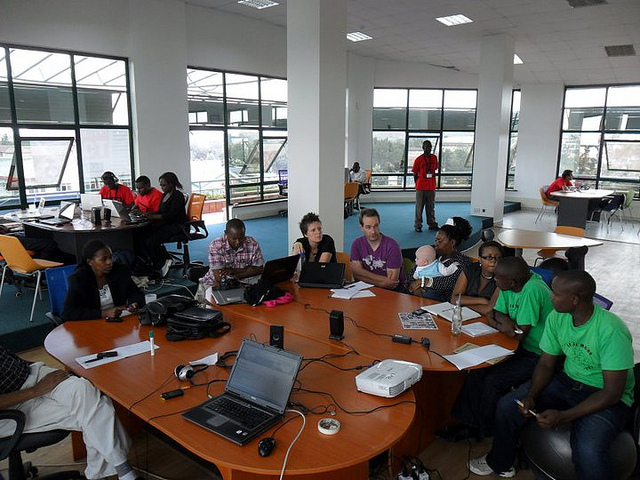
The latest VAT act in Kenya has affected many sectors of the economy. The startup ecosystem in Kenya will be adversely affected according to Nokia’s East African general manager, Bruce Howe says.
Nokia has sponsored some of the innovation hubs in Kenya and with more taxation on their core business, some of these support to these programmes will recede.
Kenya has approximately 50,000 registered developers and 17 innovation hubs. These hubs nature small businesses and are largely supported by companies such as Nokia, Samsung, Intel among others.
The phone manufacturer’s biggest worry is that competition from fake mobile phones and products that evade the tax will increase, shrinking its market share through these unfair trade practices.
“We wholeheartedly support the Kenyan government in collecting tax. Can we now ensure that it is a fair process that anyone not operating in that process is shut down,” Howe said.
For South Africa, the entry of fake mobile phones are hard due to the strict entry regulations.
In Kenya there are segmented retailers who are independent, and can easily get fake phones in the market. In South Africa, handsets are majorly sold by the mobile phone operators.
These are the factors that make Kenya a worrisome situation according to the industry players.
Nokia also conducted a survey and found out that for the first year of its implementation, the VAT will have more revenues but will subsequently slump and mobile phone penetration will slow down from then.
Gerard Brandjes the vice president Nokia South and East Africa said that they will continue to talk with the government to find a more lasting and favorable situation for both parties.


